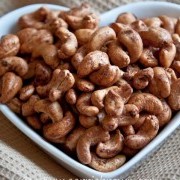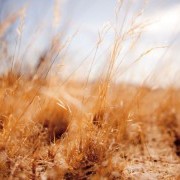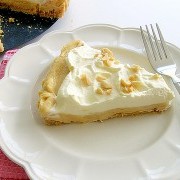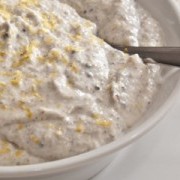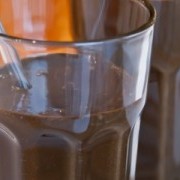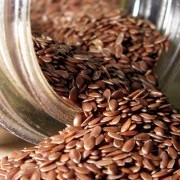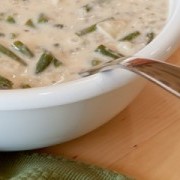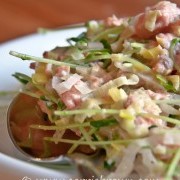Jonathan Bailor: The Backstory, From His Doctor
My long-time physician was kind enough to provide some 3rd party context around me and SANE. I thought a personal and medical look at the backstory behind the research and experience that resulted in SANESolution would be useful (or entertaining 🙂 ). – Jonathan
By Dr. Scott Ripple, Family Practice physician
During my 20+ year medical career I have treated thousands of patients ranging from individuals carrying more than 200 lbs. of excess body fat to professional bodybuilders with 2% body fat. It was clear from my first appointment with Jonathan nearly a decade ago that he had a unique approach to health and fitness.
When we first met, Jonathan was an experienced personal trainer and had educated himself extensively on traditional approaches to health and fitness. Almost obsessive in his implementation of typical diet and exercise approaches and spending around 20 hours per week on this effort, Jonathan achieved good results. In fact, I mentioned to him that I thought he could do quite well in an amateur bodybuilding competition without any further preparation. This suggestion generated little interest as Jonathan was more interested in focusing on ways to make health and fitness more practical so that he could focus his attention on other goals in his life.

A few years into the scholarly research that would later become SANE, Jonathan became further dissatisfied with the impracticality of hours of weekly exercise and the discomfort and bloating accompanying the traditional starch-based diet he was consuming. He eventually reached a plateau and began to see diminishing returns from all his time and effort. Then came the setbacks: shoulder pains, a hamstring injury, and finally a torn pectoralis muscle in his chest.
Feeling burned out after 10+ years of following the traditional “eat less, exercise more” approach, he made a full-stop switch to the eating and exercise practices now filling the pages of SANE. I was surprised to see the effects during his recent visit. His waist shrunk by three inches, he is significantly more toned and defined, his strength, energy, and endurance are better than ever, and he is free of injuries. Even more surprising was that this resulted from exercising once per week and following simple nutrition principles rooted in even intake of protein, carbohydrate, and fat from natural foods. With fasting glucose (an indicator of propensity for diabetes) and cholesterol (an indicator of propensity for heart issues) at levels that are extremely healthy and a physique on par with some famous fitness professionals (and superior to that achieved by his 20-hours-per-week traditional routine years prior), it seems unarguable that Jonathan achieved his goal of discovering a more practical approach to sustainable fat loss and wellness.
As a doctor, I know that people frequently go out of their way to avoid the topic of health and fitness. It is likely that you have tried to change your eating and exercise habits before and not seen the results you hoped for. It is natural to feel guilt and anxiety after such an experience. I hope that the research, medical support, and experience Jonathan brings to SANE living will alleviate your doubts and allow you to be inspired.




